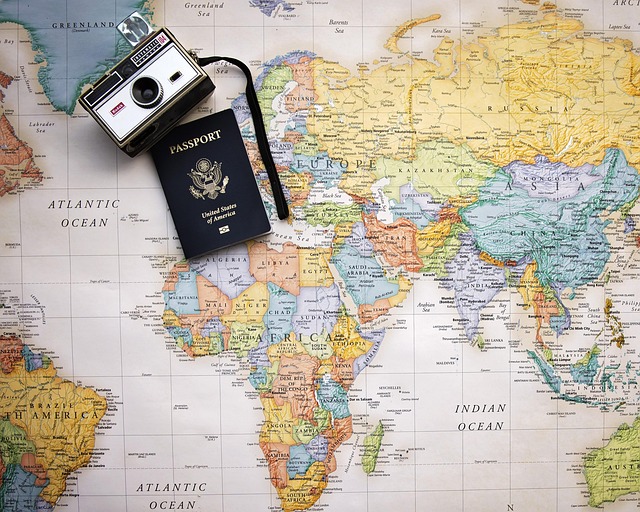Exploring the World Through Ancestral Tourism: Tracing Your Roots Abroad
Ancestral tourism, also known as heritage tourism or roots tourism, is experiencing a surge in popularity as travelers seek deeper connections to their family history and cultural heritage. This unique form of travel combines genealogical research with immersive cultural experiences, allowing individuals to walk in the footsteps of their ancestors and gain a profound understanding of their origins. As DNA testing becomes more accessible and affordable, more people are embarking on these personal journeys of discovery, transforming the way we think about travel and personal identity.

The Appeal of Heritage Travel
For many, ancestral tourism offers a deeply personal and emotionally rewarding travel experience. It goes beyond traditional sightseeing, allowing travelers to forge meaningful connections with their family history and cultural heritage. Visiting the places where ancestors lived, worked, and worshipped can provide a tangible link to the past and a sense of belonging. This form of travel often leads to profound self-discovery and a greater appreciation for one’s cultural identity.
Planning Your Ancestral Journey
Embarking on an ancestral tourism trip requires careful planning and research. The first step is to gather as much information as possible about your family history through genealogical research, DNA testing, and family records. Online databases, local archives, and genealogical societies can be valuable resources in this process. Once you have a clearer picture of your ancestral origins, you can begin to plan your itinerary around specific locations and historical sites relevant to your family’s past.
Destinations Embracing Heritage Tourism
Many countries and regions are recognizing the potential of ancestral tourism and are developing programs to attract heritage-seeking travelers. Scotland, for example, has launched a comprehensive ancestral tourism initiative, offering resources and experiences for those with Scottish roots. Ireland, Italy, and Poland are also popular destinations for ancestral tourists, with many tour operators specializing in heritage-focused trips. In Asia, countries like China and Korea are seeing an increase in diaspora tourism, with second and third-generation immigrants returning to explore their ancestral homelands.
Challenges and Considerations
While ancestral tourism can be incredibly rewarding, it also comes with its own set of challenges. Language barriers, limited records, and changing geographical boundaries can make tracing ancestors difficult. Additionally, the emotional impact of connecting with one’s heritage can be overwhelming and sometimes leads to unexpected discoveries. It’s important for travelers to approach their journey with an open mind and be prepared for both joyful revelations and potential disappointments.
The Future of Ancestral Tourism
As technology continues to advance, the future of ancestral tourism looks promising. Virtual reality and augmented reality technologies are being developed to offer immersive historical experiences, allowing travelers to visualize their ancestors’ lives in greater detail. Artificial intelligence is also being employed to enhance genealogical research, making it easier for individuals to trace their family trees and plan heritage-focused trips.
Practical Tips for Ancestral Travelers
• Start your research early and gather as much information as possible before your trip
• Consider working with a professional genealogist or specialized tour operator
• Learn basic phrases in the local language to facilitate communication
• Reach out to local historical societies or archives in advance to arrange visits
• Be respectful of local customs and traditions when visiting ancestral sites
• Document your journey through photos, videos, and journaling
• Connect with distant relatives or DNA matches living in the area for a more personal experience
• Prepare emotionally for potential surprises or disappointments in your research
Ancestral tourism offers a unique and deeply personal way to explore the world, combining the excitement of travel with the profound experience of connecting with one’s roots. As more people seek to understand their heritage and identity in an increasingly globalized world, this form of travel is likely to continue growing in popularity. By tracing the paths of our ancestors, we not only learn about our personal histories but also gain a richer understanding of the diverse cultures and stories that shape our global community.






